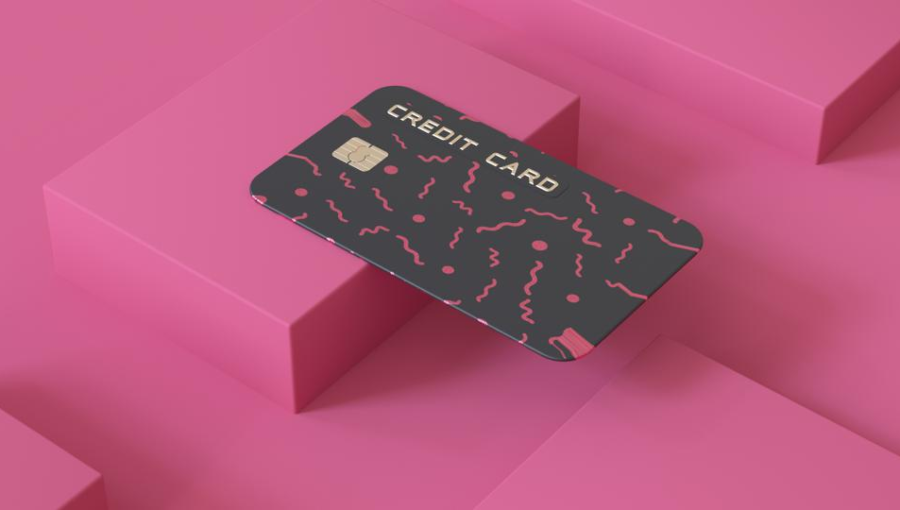If your credit limit increase request has been denied, it’s not the end of the road. Here are steps to take after a rejection:
- Understand the reasons for denial. Your bank will provide a reason for the denial, which can guide your next steps.
- Improve your credit profile. Use the feedback to work on areas such as paying down debt or removing errors from your credit report.
- Wait before reapplying. Give it some time — typically a few months — to improve your credit standing before asking again.
Be proactive in addressing the reasons for your denial, and be persistent in your efforts to improve your financial standing. Remember, persistence and patience are key.
Maintaining a higher credit limit: Do’s and Don’ts
Gaining a higher credit limit is just the beginning. Maintaining it requires continued financial prudence. Here are some do’s and don’ts:
| Do’s | Don’ts |
|---|---|
| Monitor your credit utilization. | Spend beyond your means. |
| Create a budget to manage spending. | Miss payments or pay late. |
| Check your credit report regularly. | Apply for multiple credit cards at once. |
Following these guidelines will help ensure that you not only maintain your increased limit but also continue to improve your financial health.
Conclusion: The ongoing journey of financial management and growth
Boosting your credit card limit is more than just a one-time effort; it’s part of an ongoing journey of financial management and growth. By understanding the significance of your credit limit and how it impacts your finances, you’re better equipped to make informed decisions that can lead to financial stability and success.
As you navigate your financial journey, remember to keep a close eye on your credit utilization and budget accordingly. Communicate with your bank effectively to negotiate your needs and be proactive in maintaining a responsible credit profile. Dealing with challenges such as a denied limit increase is a learning opportunity that can lead to better financial management.
In conclusion, responsibility, strategy, and effective communication are your best tools for securing and maintaining a higher credit limit. Keep these principles in mind, and you will be well on your way to achieving your financial goals.
Recap: Main Points of the Article
- A higher credit limit impacts your credit score through credit utilization.
- To improve your credit score, pay on time, keep balances low, and avoid unnecessary credit applications.
- Use your credit card wisely by spending within your means and paying more than the minimum when possible.
- Negotiate for a higher limit when your financial situation improves and you have a history of timely payments.
- Prepare for a credit limit increase request by ensuring your finances and credit profile are in order.
- If your limit increase is denied, understand the reasons, improve your credit profile, and reapply later.
- Maintain your higher limit by monitoring utilization, budgeting carefully, and checking your credit regularly.
FAQ
- How often should I request a credit limit increase?
It’s best to request an increase when you have a strong case, such as after a salary raise or when you have improved your credit score. Waiting at least six months between requests is also recommended. - Will requesting a credit limit increase affect my credit score?
In some cases, a lender may perform a hard inquiry which can temporarily lower your score. However, the long-term benefits of a higher limit and better utilization ratio usually outweigh the initial impact. - What is the best way to use a credit card to improve my credit score?
Pay your balance in full and on time each month, keep your utilization low, and manage your accounts responsibly. - How can I understand why my credit limit increase was denied?
Lenders are required to provide you with an explanation for your denial. Review this carefully for insights on what to improve. - Can closing old credit card accounts affect my credit limit or score?
Yes, closing old accounts can shorten your credit history and may increase your credit utilization ratio, both of which can negatively impact your score. - Is there a danger in having too high of a credit limit?
A higher limit can lead to overspending for some individuals. It’s crucial to budget and only spend what you can afford to repay. - Does my income affect my credit limit?
Yes, lenders consider income when determining your credit limit to ensure you can repay your debts. - What if I never use my credit card; will this affect my credit limit?
Infrequent use of your card can lead to the issuer decreasing your limit or closing the account due to inactivity, which may affect your credit score.
References
- “Credit Utilization and Your Credit Score,” Experian. https://www.experian.com/blogs/ask-experian/credit-education/score-basics/credit-utilization/
- “How To Increase Your Credit Limit,” Forbes. https://www.forbes.com/advisor/credit-cards/how-to-increase-your-credit-limit/
- “What Happens If You Go Over Your Credit Card Limit?” FICO. https://www.myfico.com/credit-education/faq/credit/going-over-your-credit-card-limit

